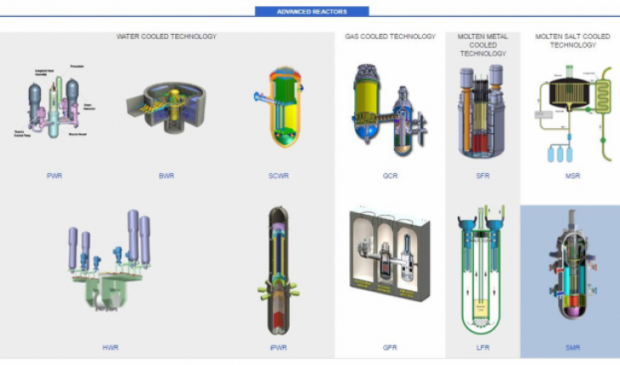
Breaking News
 The Pentagon Failed Its Audit Again. You Should Be Alarmed.
The Pentagon Failed Its Audit Again. You Should Be Alarmed.
 Cuban Crisis 2.0. What if 'Gerans' flew from Cuba?
Cuban Crisis 2.0. What if 'Gerans' flew from Cuba?
 Senate Democrats Offer Promising Ideas for Changing Immigration Enforcement
Senate Democrats Offer Promising Ideas for Changing Immigration Enforcement
 Never Seen Risk Like This Before in My Career
Never Seen Risk Like This Before in My Career
Top Tech News
 Critical Linux Warning: 800,000 Devices Are EXPOSED
Critical Linux Warning: 800,000 Devices Are EXPOSED
 'Brave New World': IVF Company's Eugenics Tool Lets Couples Pick 'Best' Baby, Di
'Brave New World': IVF Company's Eugenics Tool Lets Couples Pick 'Best' Baby, Di
 The smartphone just fired a warning shot at the camera industry.
The smartphone just fired a warning shot at the camera industry.
 A revolutionary breakthrough in dental science is changing how we fight tooth decay
A revolutionary breakthrough in dental science is changing how we fight tooth decay
 Docan Energy "Panda": 32kWh for $2,530!
Docan Energy "Panda": 32kWh for $2,530!
 Rugged phone with multi-day battery life doubles as a 1080p projector
Rugged phone with multi-day battery life doubles as a 1080p projector
 4 Sisters Invent Electric Tractor with Mom and Dad and it's Selling in 5 Countries
4 Sisters Invent Electric Tractor with Mom and Dad and it's Selling in 5 Countries
 Lab–grown LIFE takes a major step forward – as scientists use AI to create a virus never seen be
Lab–grown LIFE takes a major step forward – as scientists use AI to create a virus never seen be
 New Electric 'Donut Motor' Makes 856 HP but Weighs Just 88 Pounds
New Electric 'Donut Motor' Makes 856 HP but Weighs Just 88 Pounds
 Donut Lab Says It Cracked Solid-State Batteries. Experts Have Questions.
Donut Lab Says It Cracked Solid-State Batteries. Experts Have Questions.
A handful of North American advanced nuclear reactor projects have made substantial progress

The Canadian Nuclear Safety Commission (CNSC) is conducting Phase 1 of a pre-licensing vendor design review on the Terrestrial Energy molten salt IMSR, which it expects to be completed in September 2017 as it moves into the engineering phase. It plans to submit either an application seeking design certification or a construction permit application for the IMSR-400 no later than October 2019 to the NRC. It hopes to commission its first commercial reactor by the early 2020s. The company and Canadian Nuclear Laboratories are considering the feasibility of siting a commercial plant at Chalk River.
NuScale lodged an application for US design certification in January 2017, and in July 2017 the NRC confirmed that its highly integrated protection system (HIPS) architecture was approved. NuScale has been engaged with the NRC since 2008, having spent some $130 million on licensing to November 2013. It expects the NRC review to take 40 months, so the first unit could be under construction in 2020 and in operation about 2023.



